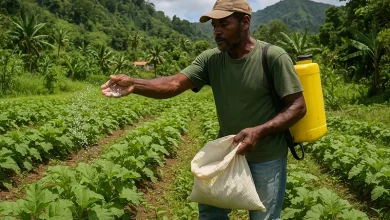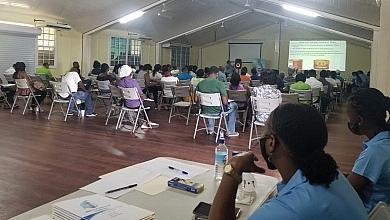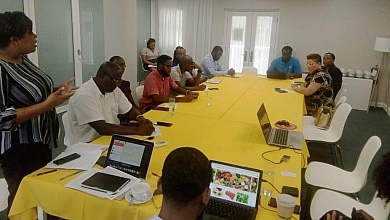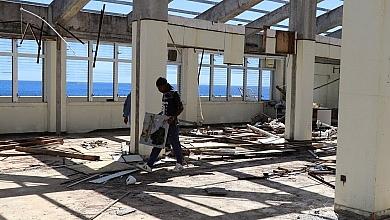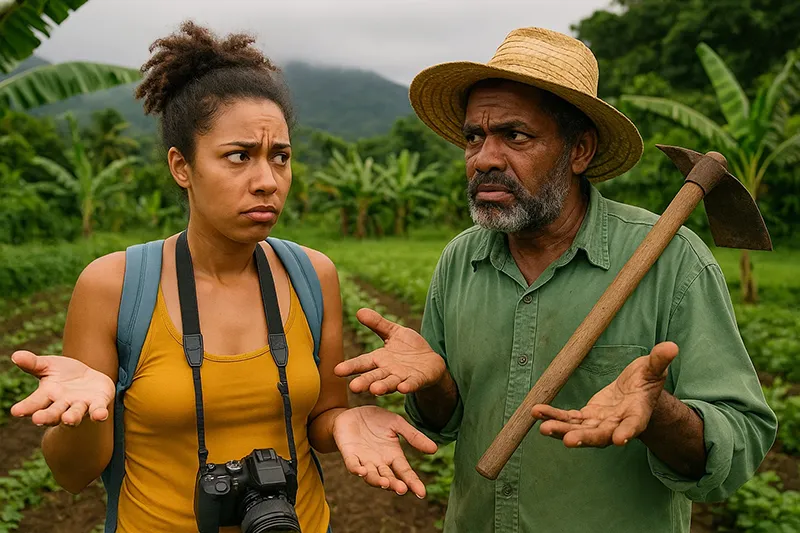
Dominica is not short on slogans. We’ve heard about nature, wellness, cruise ports, and luxurious five-star resorts. But beneath the tourism talk is a quieter truth echoed by many farmers and echoed again in recent political speeches: the land feeds us, not the brochures. And perhaps it’s time we admit that our national development priorities need realignment, from brochures to breadfruit.
In the village of Woodford Hill, plantains rot under trees. Mangoes are left to spoil. Avocados fall unpicked. Yet in Parliament and promotional campaigns, tourism is the crown jewel. It’s as though agriculture is viewed as an old economy, a thing of the past, rather than the foundation of any serious, sovereign future. And that contradiction is hurting us.
The point isn’t to pit tourism against agriculture; they can and should coexist. But what’s being raised now, and rightly so, is that tourism cannot feed a country. It cannot supply school lunches, reduce our food import bill, or sustain us in times of crisis. The COVID-19 pandemic has already proved how fragile the tourism model is when borders close. Agriculture, on the other hand, never sleeps.
Suppose the government is truly serious about food security, the revival of rural livelihoods, and keeping young people rooted in Dominica. In that case, it must go beyond token seedling distributions and patchy subsidies. It must invest in market access, agro-processing, feeder roads, cold storage, and actual production targets. It must also treat agriculture as more than a poverty occupation.
There’s also a spiritual element here. The land is part of our identity. Farming isn’t just work, it’s continuity, resilience, and independence. The speech from the political platform that declared “as long as people are alive, they must eat” resonates far more deeply than slogans about luxury villas and celebrity chefs.
That doesn’t mean tourism should be discarded. But it should be placed where it belongs, in support of a broader economy, not as its pillar. When the ships stop sailing and the hotels close their doors, the only question that matters is: Do we have something to eat?
If Dominica wants real stability, not just economic but social, cultural, and ecological, it must finally act on what its soil has been saying for decades: agriculture is not a fallback. It’s the foundation.
This article is copyright © 2025 DOM767





